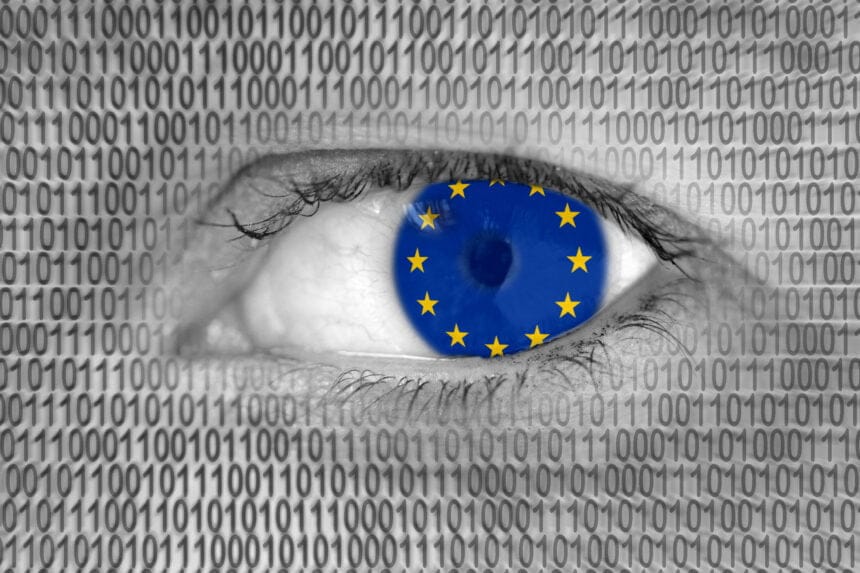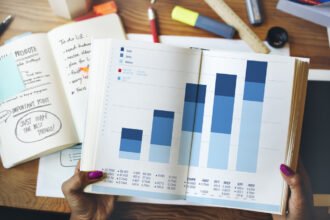Big data technology has significantly changed the state of American politics. You can learn more about some of the ways that big data has changed presidential elections in the United States in this article from The Conversation. Of course, big data is changing other political elections as well.
In many ways, big data has been very helpful for people running for office, those making voting more accessible and those trying to become informed when going to the ballot box. This isn’t to say that big data has changed everything about politics. Over the course of many decades, Americans have voted in more or less the same way. In particular, by putting a paper ballad into a box and having those votes physically handled and counted by a human. Today, however, big data technology is ushering the election and voting processes into a new age.
While some of the impacts of big data have been negative and some have been positive, no one can argue that it hasn’t been substantial. To truly gain a thorough understanding of elections in the modern age, it’s crucial to develop an idea of how technology is helping this process evolve in American society.
Here’s an analysis of big data technology’s role in modernizing American Elections. You can also read our previous article on how governments are using data for another angle on this topic.
Making Voting More Accessible
One keyway in which data analytics and AI technology is altering the election process is by making voting more accessible for scores of Americans. As has been noted, Americans used to have to physically cast their vote in a ballot box in the past. Over the last several years, this has begun to change.
While each jurisdiction has its own laws, many American jurisdictions are now allowing voters to register to vote online. This has made it easier for Americans to register to vote while also making it easier, more efficient, and more effective for government offices to keep and maintain databases of registered voters.
Some states now even allow Americans who are overseas to electronically — sometimes even through email — submit their absentee ballots. As these examples highlight, technology is reducing the effect of geographical location on one’s ability to register to vote, actually vote, and have an impact on elections.
Changing the Political Campaign Landscape
In years past, the main ways that politicians campaigned in America involved practices such as speaking at rallies, putting up signs, and creating television advertisements. While many politicians still engage in these practices, virtually all campaigning politicians now utilize the internet to spread their messages as well.
In particular, social media has proved to be an incredibly powerful tool for politicians to spread their messages to citizens, garner audiences, and cultivate loyal followers.
Some key social media platforms politicians are now using include:
- X (formerly Twitter)
- Meta (formerly Facebook)
- YouTube
Utilizing social media offers some key benefits that other traditional media can’t always compete with. For one, having a social media page can be free. Though hiring individuals to manage them may cost money, making a post that reaches scores of followers is ultimately more cost-effective than airing television ads. Data analytics can help politicians make more informed marketing decisions with social media, similarly to how many other businesses are using data analytics for social media marketing.
Beyond being cost-effective, social media pages also allow politicians to share their personalities and stances. For example, politicians can easily share a wide variety of their personal beliefs ranging from their favorite foods to their stance on benefits for veterans.
In the modern age, many voters are drawn to politicians who they can relate to. As such, having a platform to showcase one’s thoughts and quirks is a huge bonus in modern-day society.
While it’s not likely that traditional campaign marketing techniques will completely die off anytime soon, it is clear that social media will steadily rise in use among politicians. In this way, technology is having a truly massive impact on elections in the modern world.
The Darkside of Technology in Politics
Though technology has brought some major benefits to the political election process, it’s also had some negative impacts as well. To truly understand the election process in the modern era, it’s essential to explore these downsides of technology in politics.
In recent years, many Americans have voiced skepticism about absentee ballads. Particularly, many fear that making this process more accessible makes it easier for voter fraud to occur and more difficult for fair and democratic voting to be conducted.
Beyond concerns around electronic voter resources, there are also rising concerns about social media’s ability to spread disinformation. This concern has to do with digital literacy in the modern age — or lack thereof among some demographics.
In particular, many older adults don’t have the training or understanding of digital media to accurately assess whether what they’re reading or being exposed to on social media and the internet at large is true or false. As a result, there have been rampant instances of politically related misinformation being spread among this demographic over the last several years.
In addition to these already worrisome problems, many are concerned that bad actors from other governments can sway elections by utilizing social media. Specifically, by spreading misinformation and fomenting aggression among American voters. As such, it’s clear that there are still technology-related problems in the election process that need to be addressed.
Technology is Having a Massive Impact on American Elections
From making voting more accessible to potentially compromising electoral integrity, it’s clear that technology is having a significant effect on modern-day elections. Whether the ultimate effect will be positive or negative remains to be seen. What is clear is that the election process is in the midst of evolving and will never be the same again.










